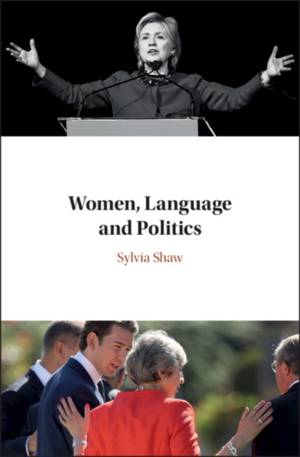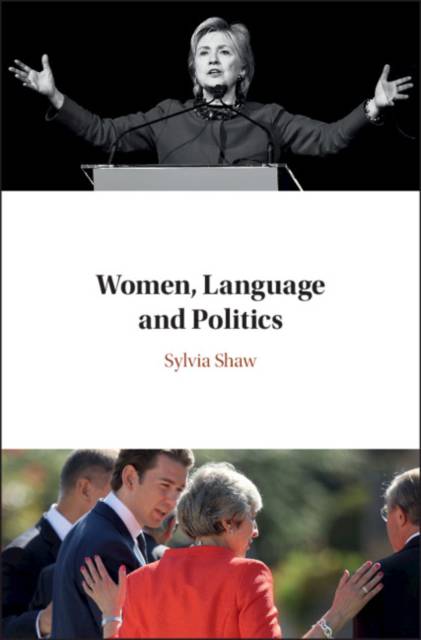
- Afhalen na 1 uur in een winkel met voorraad
- Gratis thuislevering in België vanaf € 30
- Ruim aanbod met 7 miljoen producten
- Afhalen na 1 uur in een winkel met voorraad
- Gratis thuislevering in België vanaf € 30
- Ruim aanbod met 7 miljoen producten
Zoeken
Omschrijving
This book addresses the problem of the underrepresentation of women in politics, by examining how language use constructs and maintains inequality in political institutions. Drawing on different political genres from televised debates to parliamentary question times, and fifty interviews with politicians between 1998 and 2018, the book identifies the barriers and obstacles women face by considering how gender stereotypes constrain women's participation, and give them additional burdens. By comparing the UK House of Commons with newer institutions such as the Scottish Parliament, the National Assembly for Wales, and the Northern Ireland Assembly, it asks: how successful have newer institutions been in encouraging equal participation? What are the interactional procedures that can be thought of as making an institution more egalitarian? It also explores the workings and effects of sexism, fraternal networks, high visibility in the media, and gendered discourses, through detailed case studies of Theresa May, Julia Gillard and Hillary Clinton.
Specificaties
Betrokkenen
- Auteur(s):
- Uitgeverij:
Inhoud
- Aantal bladzijden:
- 334
- Taal:
- Engels
Eigenschappen
- Productcode (EAN):
- 9781107080881
- Verschijningsdatum:
- 25/06/2020
- Uitvoering:
- Hardcover
- Formaat:
- Genaaid
- Afmetingen:
- 183 mm x 231 mm
- Gewicht:
- 635 g

Alleen bij Standaard Boekhandel
+ 389 punten op je klantenkaart van Standaard Boekhandel
Beoordelingen
We publiceren alleen reviews die voldoen aan de voorwaarden voor reviews. Bekijk onze voorwaarden voor reviews.











